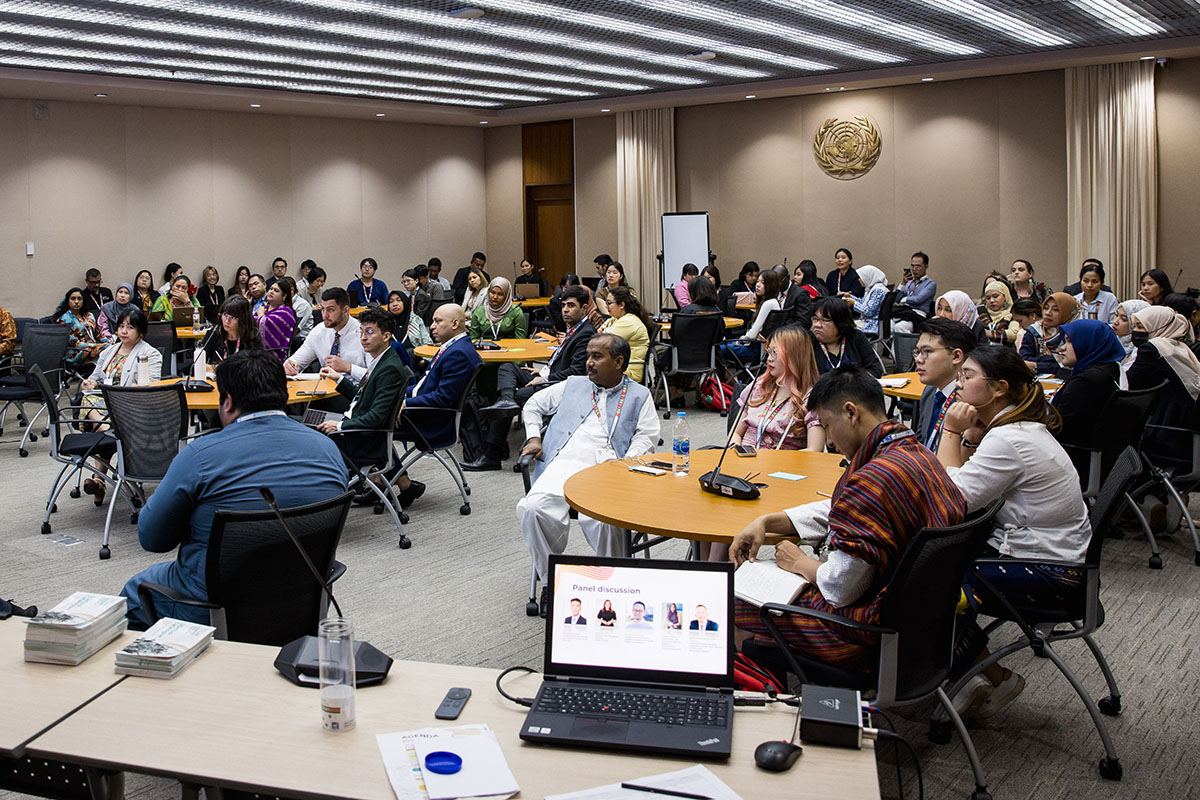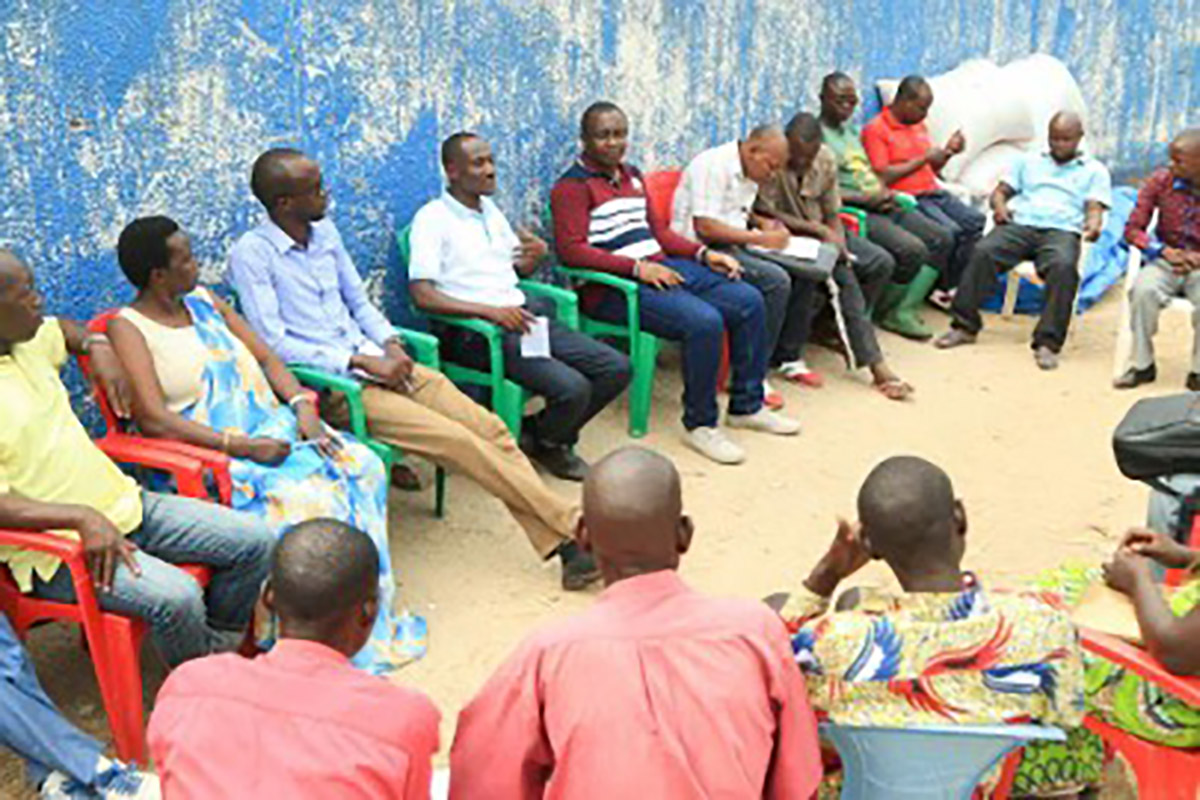Crafting the Future: Strategic Intelligence Hub and Policy Experimentation in the Asia-Pacific for Youth Entrepreneurship
December 9Dr. Mohsen Gul, Technical Lead, Strategic Intelligence Hub, UNDP in Asia and the Pacific
Sushil Ram, Youth Development Advisor, Commonwealth Secretariat
In Asia-Pacific policy-making’s vast and dynamic terrain, innovation is not just a buzzword but a critical imperative. Policy innovation, in this context, represents the delicate art of crafting strategies that are as adaptable as they are robust and capable of navigating the complex waters of economic and social challenges. Within this space, the concept of a Strategic Intelligence Hub (SIH) takes on a pivotal role, offering a pathway to support policy-led innovation through a structured yet flexible approach to experimentation.
The SIH is more than just a think tank or a repository of knowledge—it’s a facilitator of strategic experimentation. The ethos here is captured well by the understanding that “we often don’t know how innovations will work out,” which is why “experimentation means that any solution can be treated as a work in progress.” This work-in-progress stance is critical, allowing for the tweaking and refining policies as they evolve, ensuring they remain fit for purpose, and effectively address the needs they were designed to meet.
Experimentation within the SIH framework is multi-faceted. It’s about embracing rapid-cycle experiments that enable real-time learning and swift adaptation of policies in response to immediate feedback loops. This approach to policy development is not linear; it’s iterative, reflective of the rapid-cycle experiments. This closely aligns with the commitments made at the 10th Commonwealth Youth Ministers Meeting 2023, where high-level representatives from over 46 countries and six UK overseas territories, including 35 Government Ministers, came together under the theme: ‘Aiming Higher: Delivering More for Young People in the Commonwealth’. Focusing on exploring Opportunities in Youth Entrepreneurship and Employment, the youth ministers aiming to address the pressing issue of youth unemployment, acknowledged the importance of creating strong pathways for youth employment, echoing the mandate set in CHOGM 2022.
They focused on innovative strategies and policies to empower young people economically, including skills acquisition, fostering entrepreneurship ecosystems, promoting apprenticeships, advocating for responsible public debt management, and leveraging data for targeted interventions. They also expressed commitment to promoting public-private multi-stakeholder partnerships and adopting a systems approach with support from the Commonwealth Secretariat. Additionally, they recognized the potential of trade and the role of youth in the sector, the transformative potential of green and blue jobs, the importance of the creative sectors in economic diversification, the role of social entrepreneurship in Sustainable development, the opportunities presented by E-sports, and the significance of startups in generating employment and fostering innovation. The youth ministers also emphasized the importance of apprenticeships and work-based learning to address skills mismatch and support young people’s transition into the workforce, pledging to establish and strengthen quality apprenticeship schemes collaboratively. These commitments act as a keystone, locking in the efforts of nations to drive youth entrepreneurship forward, supported by the robust experimental processes championed by SIH.
Countries like Singapore, with its Smart Nation initiative, and the Philippines, through its Innovative Startup Act, exemplify the application of an experimental mindset in policy formulation and execution. These nations have embraced the ethos of SIH and demonstrated the tangible benefits of adopting a test-and-learn philosophy in fostering thriving entrepreneurial ecosystems.
In essence, the SIH’s advocacy for policy experimentation is not a mere theoretical construct but a practical approach to ensuring that policies designed to support youth entrepreneurship are effective, efficient, and above all, responsive to the complex and ever-changing needs of the Asia-Pacific’s young innovators. Through this experimental lens, SIH and its partners are paving the way for a future where policy innovation is synonymous with success and sustainability in youth entrepreneurship.




